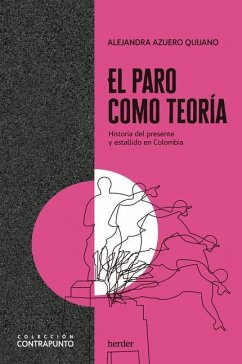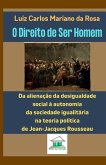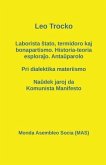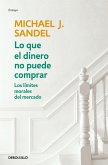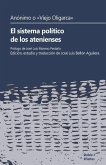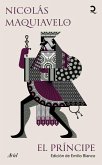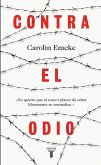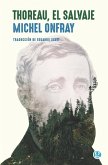Alejandra Azuero Quijano proposes to think of the strike as an epistemic outbreak, an event that articulates stories and rhythms of time that allow us to rethink the past in order to understand and update the present. Based on repertoires of resistance and interruption, the national strike reorganizes the coordinates with which Colombian politics is understood, imagined, perceived and represented and, by extension, the political and social reality of Latin America and the Caribbean. The Colombian national strike began on April 28, 2021 as a reaction against the controversial tax reform promoted by the government in the midst of the pandemic. Although the social outbreak began and ended that same year, the historical force of the event went further, launching forms of aesthetic, political and meaningful experimentation that have not yet ended. We are facing an event that has the capacity to change everything: politics, sensible conditions and ways of knowing. For this reason, the strike also calls for the implementation of other ways of narrating, thinking and representing their history.
Hinweis: Dieser Artikel kann nur an eine deutsche Lieferadresse ausgeliefert werden.
Hinweis: Dieser Artikel kann nur an eine deutsche Lieferadresse ausgeliefert werden.

